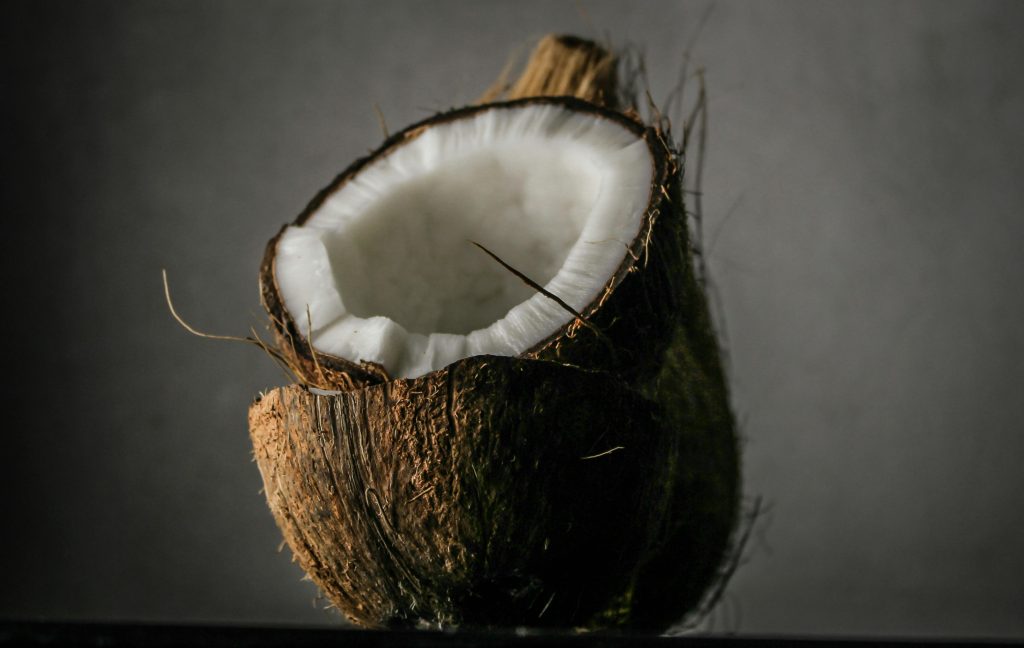
Sustainable Practices in Coconut Charcoal Production
Sustainability is a crucial consideration in today’s world, and coconut charcoal briquettes are an excellent example of how eco-friendly practices can be integrated into everyday products. This article explores the sustainable practices involved in the production of coconut charcoal briquettes, highlighting their environmental benefits and the positive impact they have on local communities and economies.
What Makes Coconut Charcoal Sustainable?
Coconut charcoal briquettes are produced from the shells of coconuts, a renewable resource. After the coconut meat and water are extracted, the shells are collected and converted into charcoal. This process not only utilizes a byproduct that would otherwise be discarded but also reduces the need for deforestation associated with traditional charcoal production.
The Environmental Impact of Coconut Charcoal Production
1. Renewable Resource: Coconut shells are an abundant and renewable resource, making them an eco-friendly alternative to hardwood used in traditional charcoal production. The continuous availability of coconut shells ensures a sustainable supply of raw materials.
2. Reduced Deforestation: Traditional charcoal production often involves cutting down trees, leading to deforestation and habitat loss. Coconut charcoal briquettes, on the other hand, are made from agricultural byproducts, reducing the pressure on forests and contributing to conservation efforts.
3. Waste Reduction: By utilizing coconut shells, coconut charcoal briquettes help reduce agricultural waste. This promotes a circular economy where waste materials are repurposed into valuable products.
4. Lower Carbon Footprint: The production process for coconut charcoal briquettes generates fewer carbon emissions compared to traditional charcoal production. This contributes to a lower overall carbon footprint and helps mitigate climate change.
Social and Economic Benefits
1. Supporting Local Communities: Coconut charcoal production creates jobs and supports local economies in coconut-producing regions. This can lead to improved living conditions, increased income, and greater economic stability for communities.
2. Job Creation: The production of coconut charcoal briquettes involves several steps, from collecting and processing coconut shells to packaging and distribution. Each step provides employment opportunities, particularly in rural areas where job options may be limited.
3. Fair Trade Practices: Many coconut charcoal producers adhere to fair trade principles, ensuring that workers receive fair wages and work in safe conditions. This promotes ethical practices and enhances the well-being of those involved in the production process.
Comparing Coconut Charcoal to Other Sustainable Products
1. Bamboo Charcoal: While bamboo charcoal is also a sustainable option, it requires the harvesting of bamboo plants. Coconut charcoal briquettes utilize waste materials, making them a more efficient and eco-friendly choice.
2. Wood Charcoal: Wood charcoal production often involves deforestation and habitat destruction. Coconut charcoal briquettes, made from renewable coconut shells, offer a more sustainable alternative.
3. Case Studies of Successful Sustainable Practices: Several companies have successfully integrated sustainable practices into their coconut charcoal production. These case studies highlight the benefits of eco-friendly production methods and their positive impact on the environment and local communities.
How Coconut Center Ensures Sustainability
Coconut Center is committed to sustainable practices in the production of coconut charcoal briquettes. The company adheres to several key principles:
1. Sustainable Sourcing: Coconut Center sources coconut shells from sustainable and ethical suppliers, ensuring that the raw materials are harvested responsibly.
2. Eco-Friendly Production: The production process minimizes waste and reduces carbon emissions. Coconut Center uses energy-efficient methods and recycles byproducts wherever possible.
3. Certifications and Standards: Coconut Center holds certifications such as ISO 9001 (quality management) and ISO 14001 (environmental management), demonstrating their commitment to high standards of sustainability and quality.
4. Community Initiatives: Coconut Center supports local communities through fair trade practices, job creation, and social programs that improve living conditions and promote economic development.
Conclusion
Sustainable practices in coconut charcoal production offer numerous environmental and social benefits. By choosing coconut charcoal briquettes, consumers can support renewable resources, reduce deforestation, and promote waste reduction. Additionally, the positive impact on local communities and economies makes coconut charcoal an ethical and responsible choice. Coconut Center’s commitment to sustainability ensures that their products are not only high-quality but also environmentally friendly and socially beneficial. Embrace the sustainable choice with coconut charcoal briquettes and contribute to a greener, healthier future.

